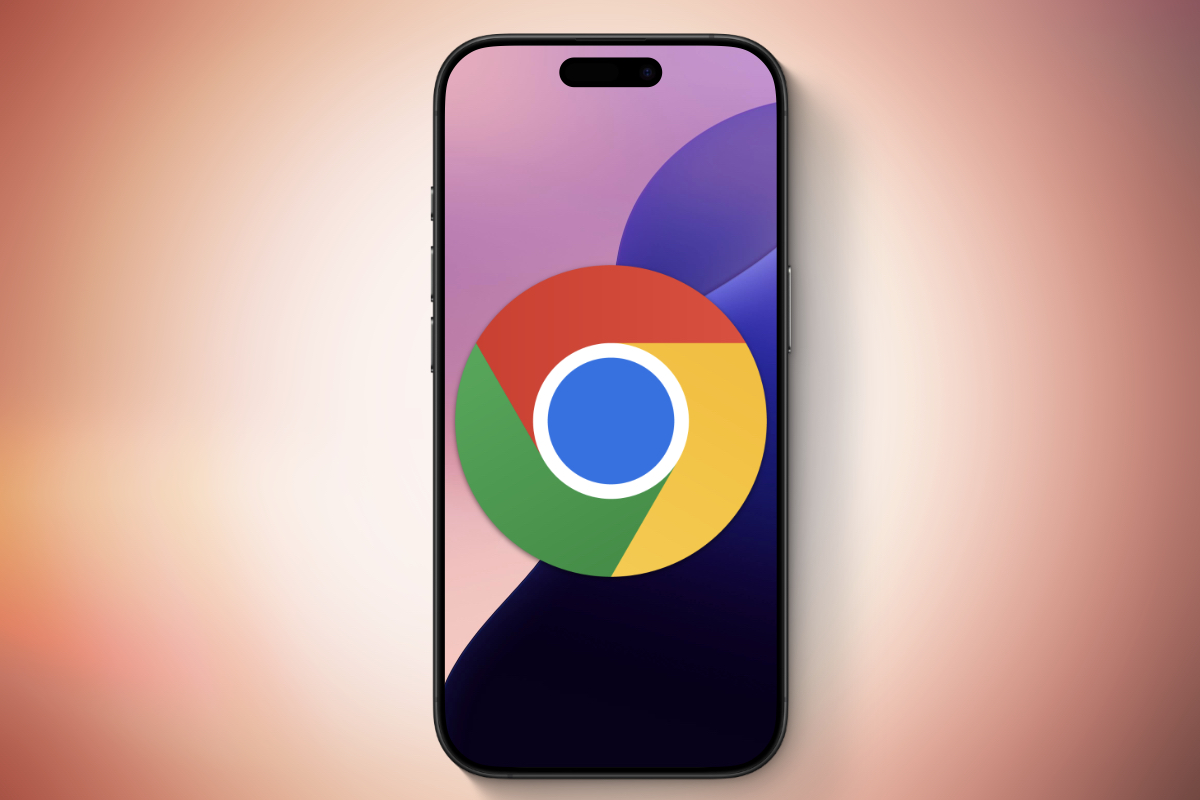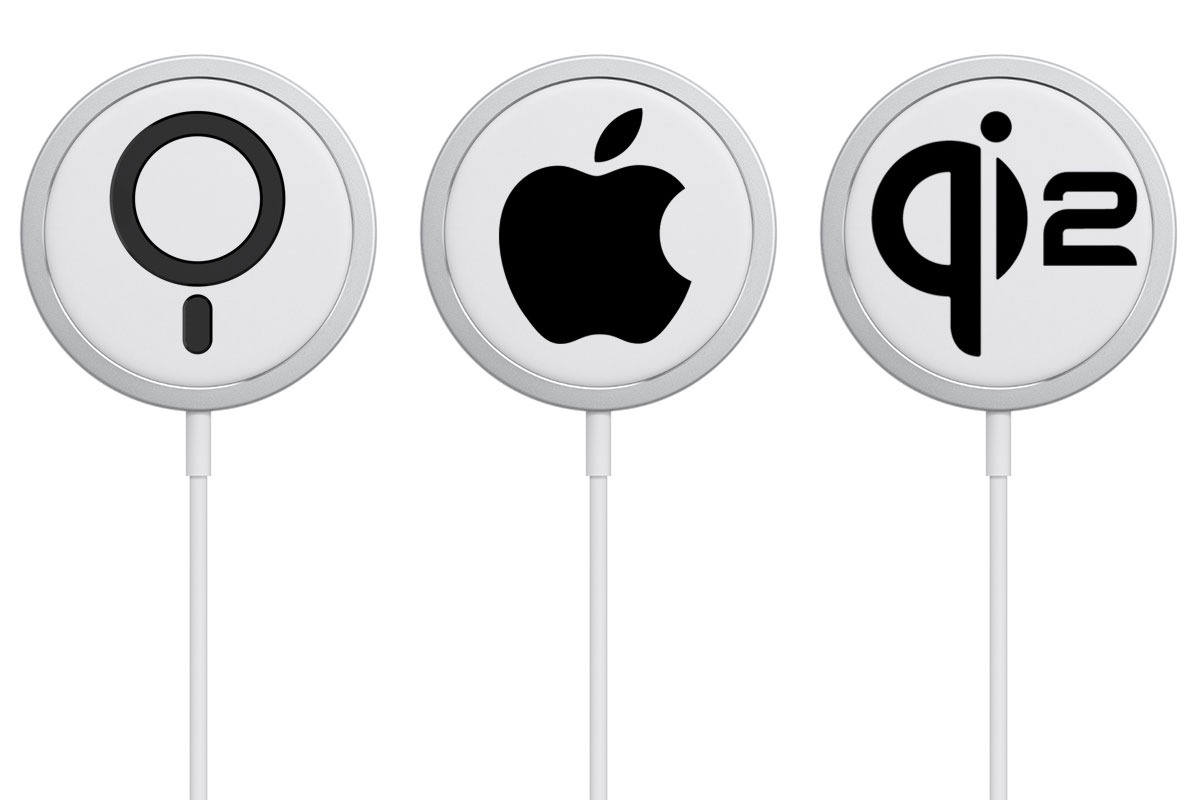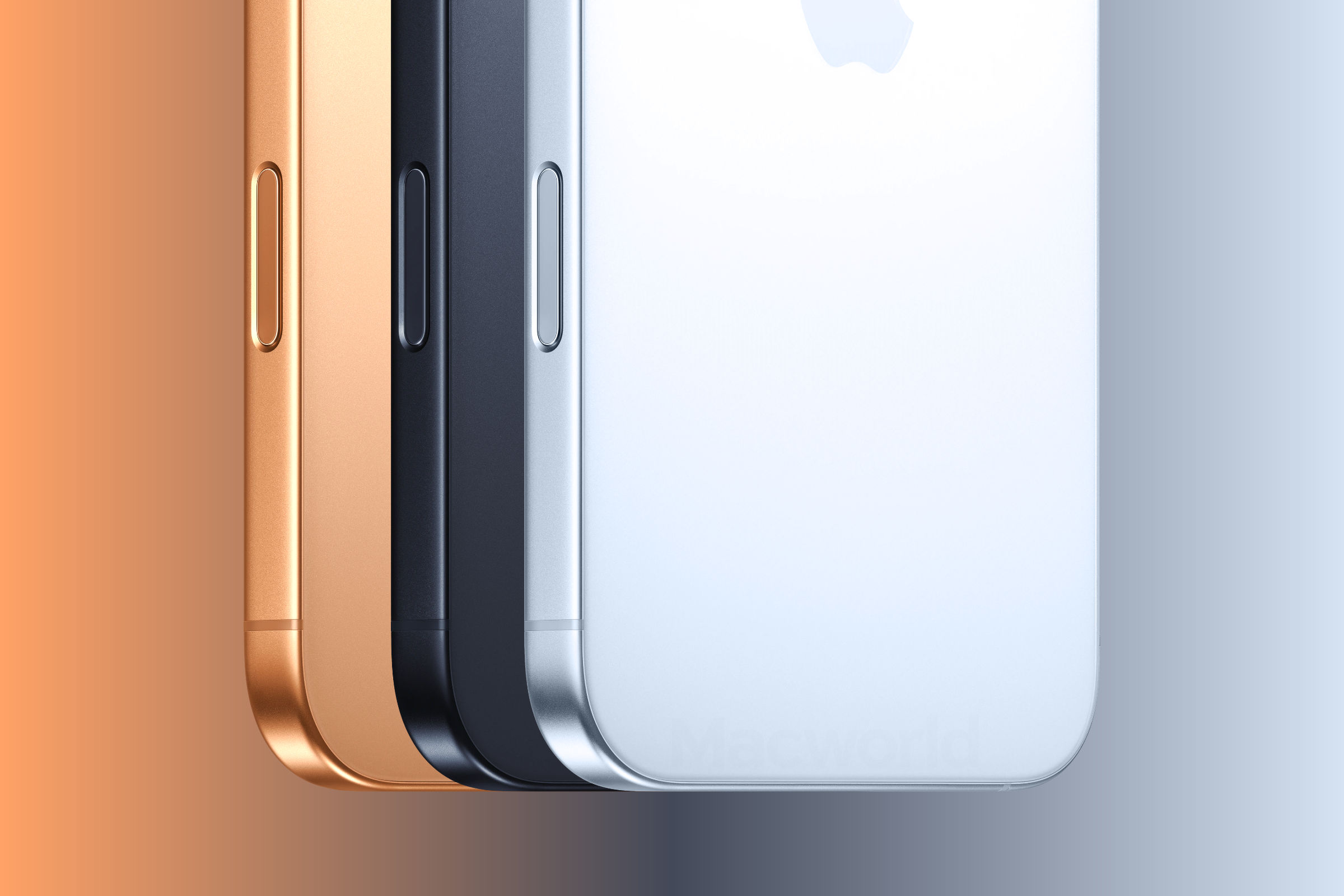Now Reading: IPhone Default Apps: What to Replace and Why WhatsApp Isn’t the Best Choice
-
01
IPhone Default Apps: What to Replace and Why WhatsApp Isn’t the Best Choice
IPhone Default Apps: What to Replace and Why WhatsApp Isn’t the Best Choice

Quick Summary:
- As 2020, iPhone users have been able to select default apps for core functions like email, web browsing, messaging, and calling due to regulatory pressure.
- Apple allows users to change default apps via its Settings app; though, the process is slightly restrictive as developers must prove their app meets specific technical and data protection standards.
- Categories with the most third-party options include browsers (e.g., Google Chrome) and email clients (e.g., Gmail), where switching defaults can provide genuine utility for users integrated into different ecosystems.
- Mapping apps (Google Maps) are only replaceable in the EU as apple’s restrictions persist elsewhere; integration remains limited despite app superiority in certain areas.
- WhatsApp can be set as a default calling or messaging app but is limited by its ecosystem dependencies-only useful if all contacts use it. Alternative messaging apps face even greater limitations.
- Switching defaults remains cumbersome on iOS compared to Android: updates frequently enough reset choices, and Apple imposes additional hurdles that reduce versatility for less tech-savvy users.
Images Featured:
Indian Opinion Analysis:
Apple’s gradual shift toward allowing third-party default applications reflects larger trends influenced by global regulatory scrutiny over platform dominance-a growth possibly relevant in India’s own digital ecosystem transformation. For Indian consumers increasingly reliant on multi-platform integration through tech giants like google or Microsoft services, greater freedom in setting up functionality-specific defaults may offer enhanced efficiency.This case also highlights lingering issues tied to entrenched ecosystems like WhatsApp’s dominance among indian mobile internet users versus SMS-based fallback systems or fragmented alternatives available locally. However, these options remain constrained by Apple’s existing controls-offering less practical benefit than purported freedoms suggest.
For India’s growing smartphone market-a major segment being price-sensitive first-time buyers-the complexities involved in changing settings might deter significant adoption unless streamlined processes emerge through advocacy or policy-making mirroring European examples such as DMA regulations.
Explore further details here: Read More.






















